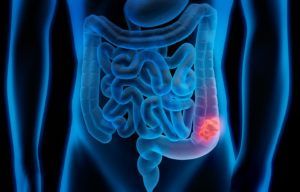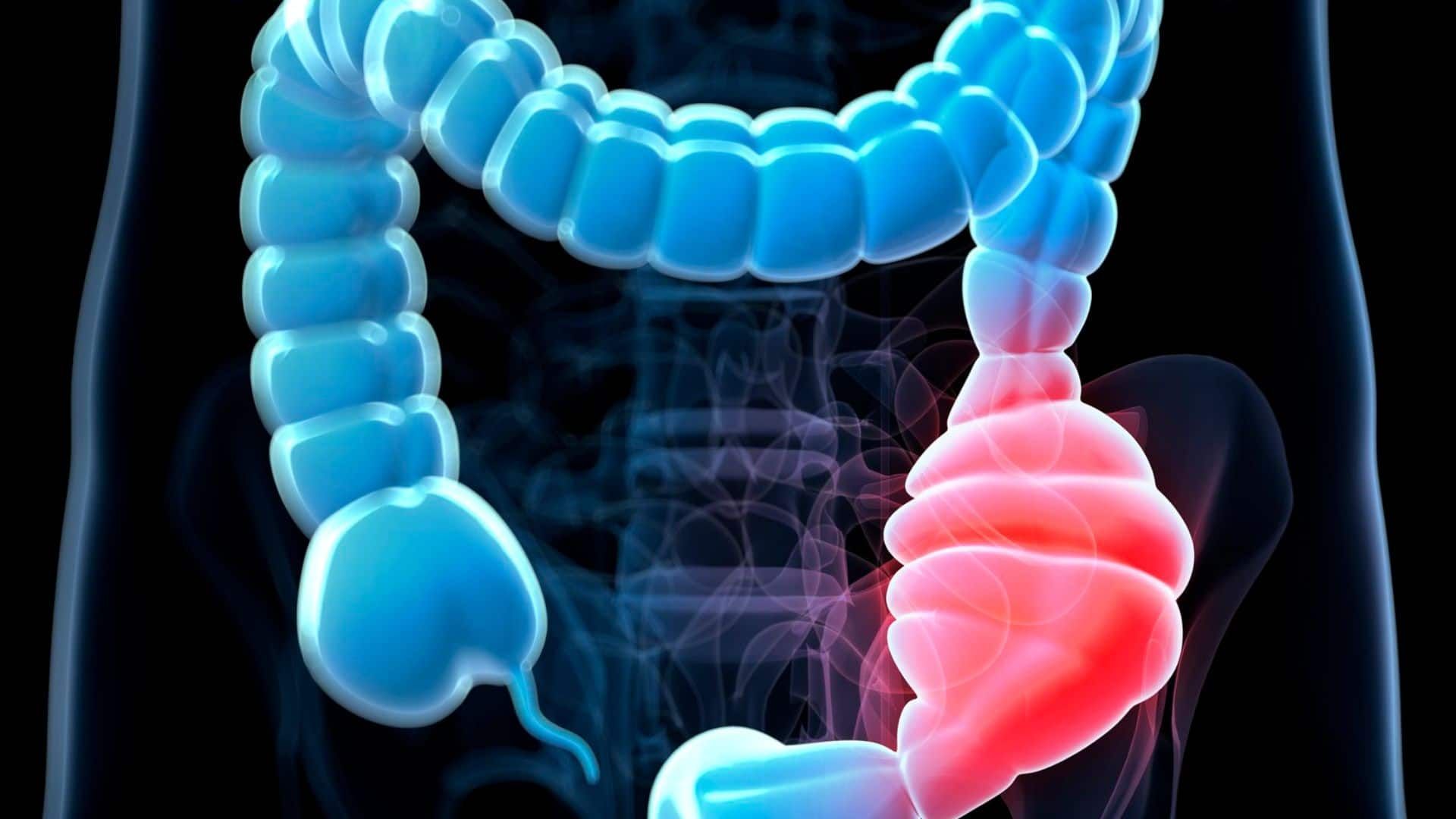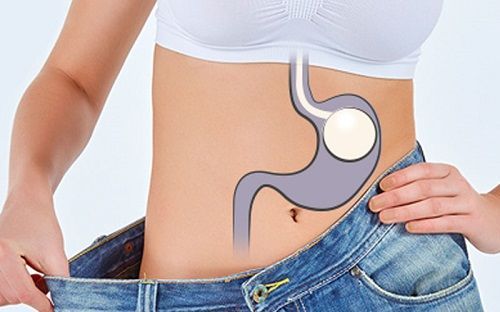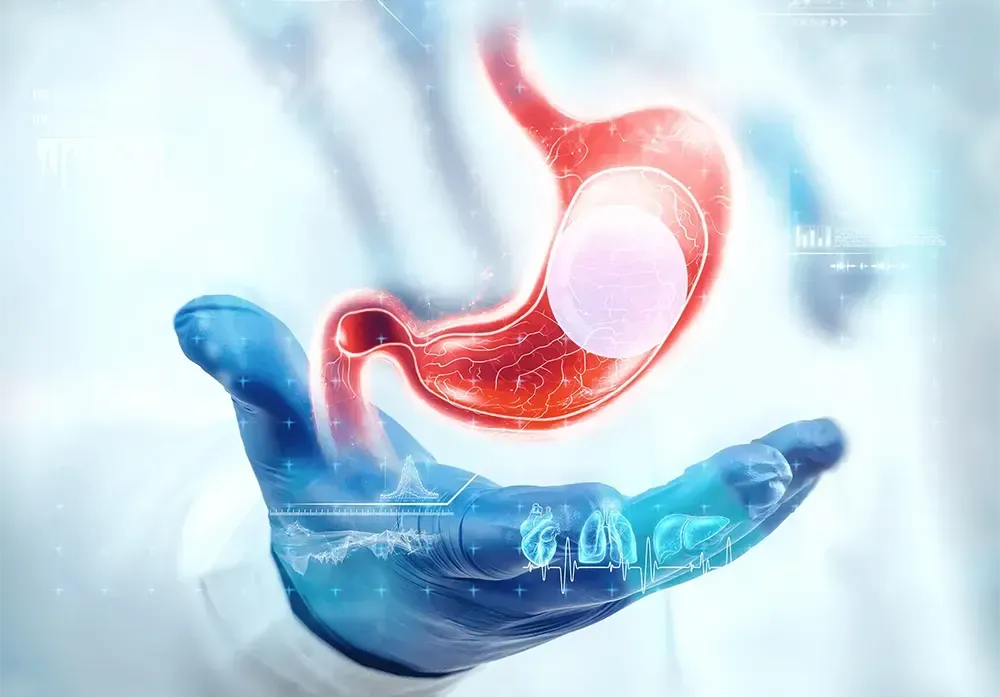Colon Cancer: Q&A with a Gastroenterologist

When’s the best time to get a colon cancer screening? And is it really necessary? (Spoiler alert: Yes!)
Johns Hopkins gastroenterologist Francis Giardiello, M.D. , answers patients’ most common questions about colon cancer screening.
How do I know which colon cancer screening is right for me?
There’s an array of screening options available. These include:
- Colonoscopy : In this procedure, a doctor uses a long scope with a camera to check your colon for polyps.
- Various stool sample tests : Most of these test your stool for blood.
- Virtual colonoscopy : This is a CT scan of your colon that checks for polyps.
Each screening has risks and benefits. Today, gastroenterologists recommend most healthy people get a colonoscopy starting at age 50. If nothing abnormal is found, you probably won’t need another screening for 10 years.
One big benefit to a colonoscopy is that if any polyps are found, they can be removed at the same time. No additional procedure is necessary. Your primary care doctor can discuss with you the colon cancer screening options available today.
What is the prep for a colonoscopy?
The day before your colonoscopy, you’ll need to restrict your diet. You’ll drink a liquid that will help clear your bowels. This may mean multiple bathroom trips as your colon clears.
This prep process before your colonoscopy can be unpleasant. It may even last longer than the colonoscopy itself.
But it’s important. Following all prep instructions by your doctor will help ensure he or she can see your colon clearly, which then helps to spot anything abnormal.
Will a colonoscopy be covered by my insurance?
In general, yes. You should check with your insurance provider for specifics on which types of colon cancer screenings it covers and at what ages.
Are there any other ways I can prevent colon cancer?
Getting a colon cancer screening is the single most effective way to prevent colon cancer. In addition, studies have shown your diet and lifestyle can also lower your colon cancer risk:
- Eat lots of fruits and vegetables.
- Eat yogurt regularly.
- Avoid or limit red meat.
- Exercise regularly.
My recent colonoscopy showed a few nodules that my doctor is testing. Should I be worried?
Not necessarily. Usually when colon cancer is present, there is a large lesion or a large mass in a lesion. If your colonoscopy shows a few nodules, the risk of the nodules being cancerous is very small.
Is colon cancer genetic?
In 20 percent of colon cancers, there is some hereditary link. If anyone in your family has been diagnosed with colon cancer (especially at a young age), you should tell your doctor.
He or she may want to monitor you more closely because of your family history. That could mean more regular colon cancer screenings to catch any disease early.
Read More About How a Gastroenterologist Can Help
Gastroenterologist near me
How to Prep for a Colonoscopy
What is a Gastroenterologist
Fight the fatty liver with a gastroenterologist
How do you know when to see a gastroenterologist?
What is Hiatal Hernia?
Colon Cancer Q&A with a Gastroenterologist
What is a GERD and When Should You See a Gastroenterologist?
When to See a Gastroenterologist for an Anal Fissure
The post Colon Cancer: Q&A with a Gastroenterologist appeared first on Gastro SB.










